Homophones & Word Choice Worksheets
Some words sound very much the same, but have different spellings. We call these words homophones. An example of this would be their and there. Though most speakers pronounce these words exactly the same way, these two words have completely different meanings. Their shows possession or ownership. There shows location. Knowing the difference between their and there isn't really that important when you are speaking, but it is very important when you are writing. Things can get pretty confusing for readers when a writer chooses the wrong the word from a set of homophones.
Common Core State Standards specify that students have to master word choice. That means that a student must be able to recognize when the word steal should be used instead of the word steel, and literally hundreds of more pairs like steal and steel. So how can students get prepared for this? The same way that one gets to Carnegie Hall: practice, practice, practice! To help with this, I've created a bunch of resources on homophones and word choice and posted them below.
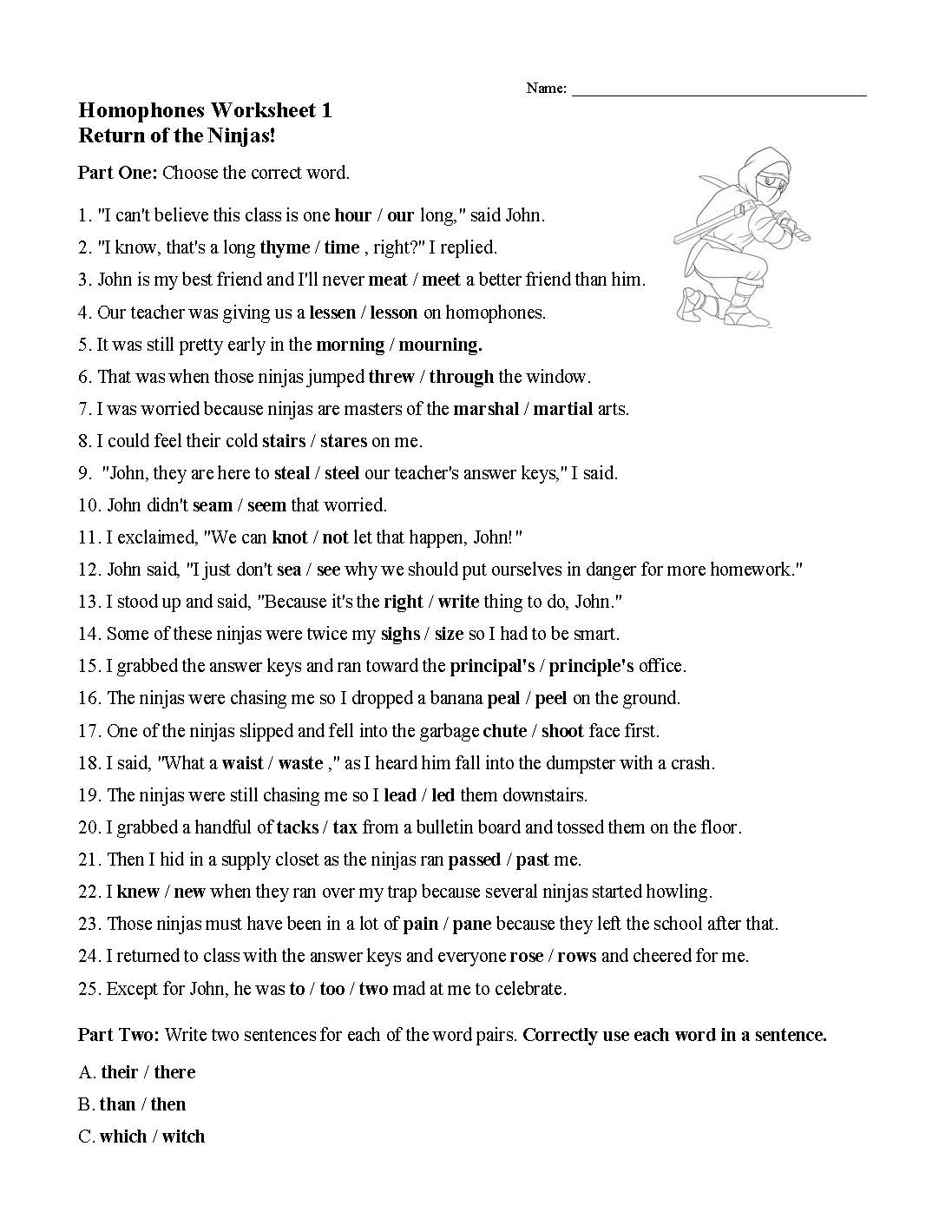
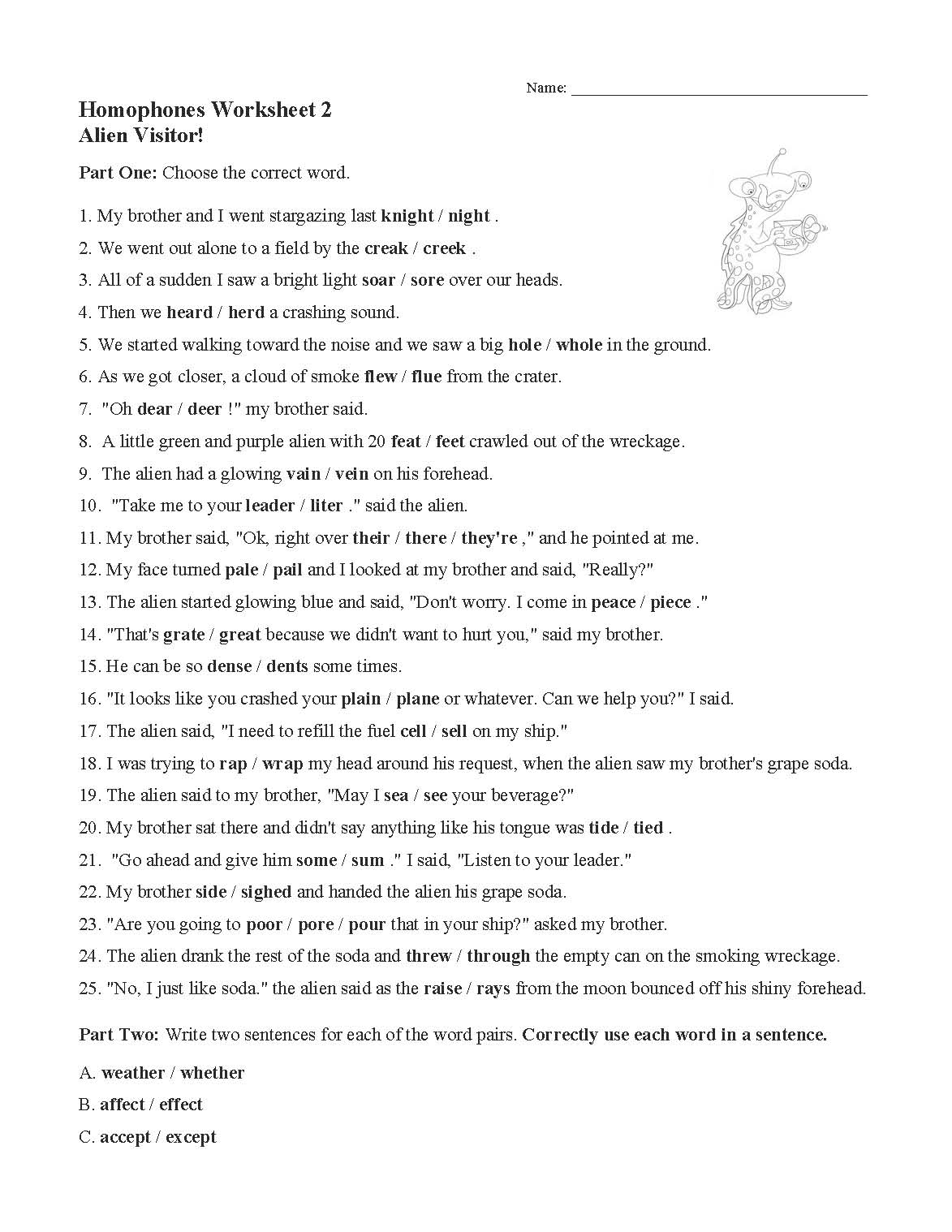
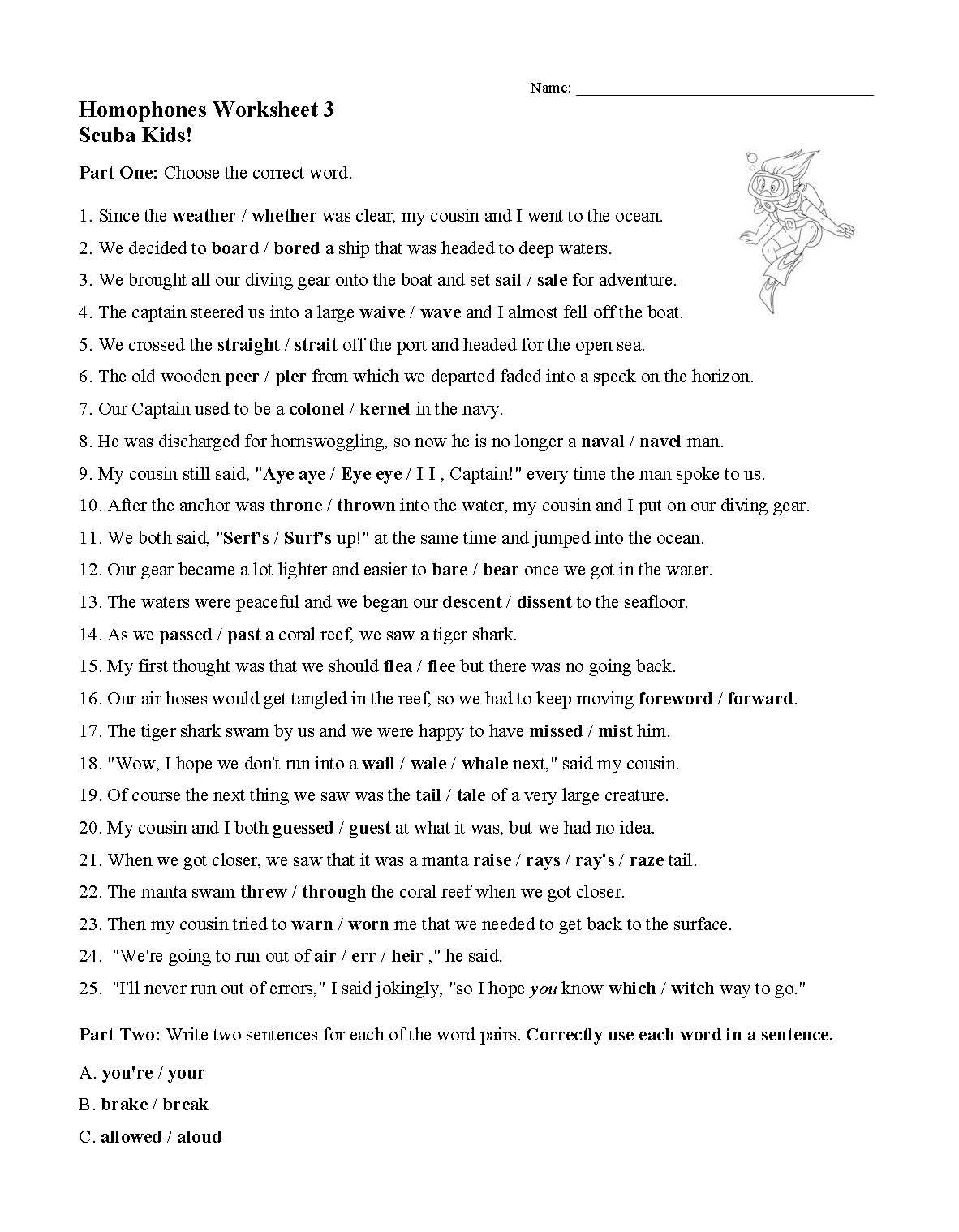

Homonyms: Have the same spelling but different meanings.
Homographs: Have the same spelling but different pronunciations.
These terms can be quite confusing, but if you know the meanings of the word roots, it is actually quite easy to remember.
Homo
Homo means same, as in homosexual: a person attracted to members of the same sex.
Phone
Phone means sound, as in telephone: to sound across.
Homophones are words that sound the same but have different spellings.
Examples:hear and here.
Hear refers to the act of perceiving sound. Here describes a location or position.
Nym
Nym means name, as in pseudonym: a fake name.
Homonyms are words that have the same sound and the spelling, but different meanings.
Examples:ear and ear.
One refers to an ear of corn, the other to a human organ responsible for hearing.
Graph
Graph means writing, as in biography: life writing.
Homographs are words that have the same spelling, but different meanings and different pronunciations.
Examples:wind and wind.
One refers to a blowing breeze, while the other refers to the act of turning a crank.

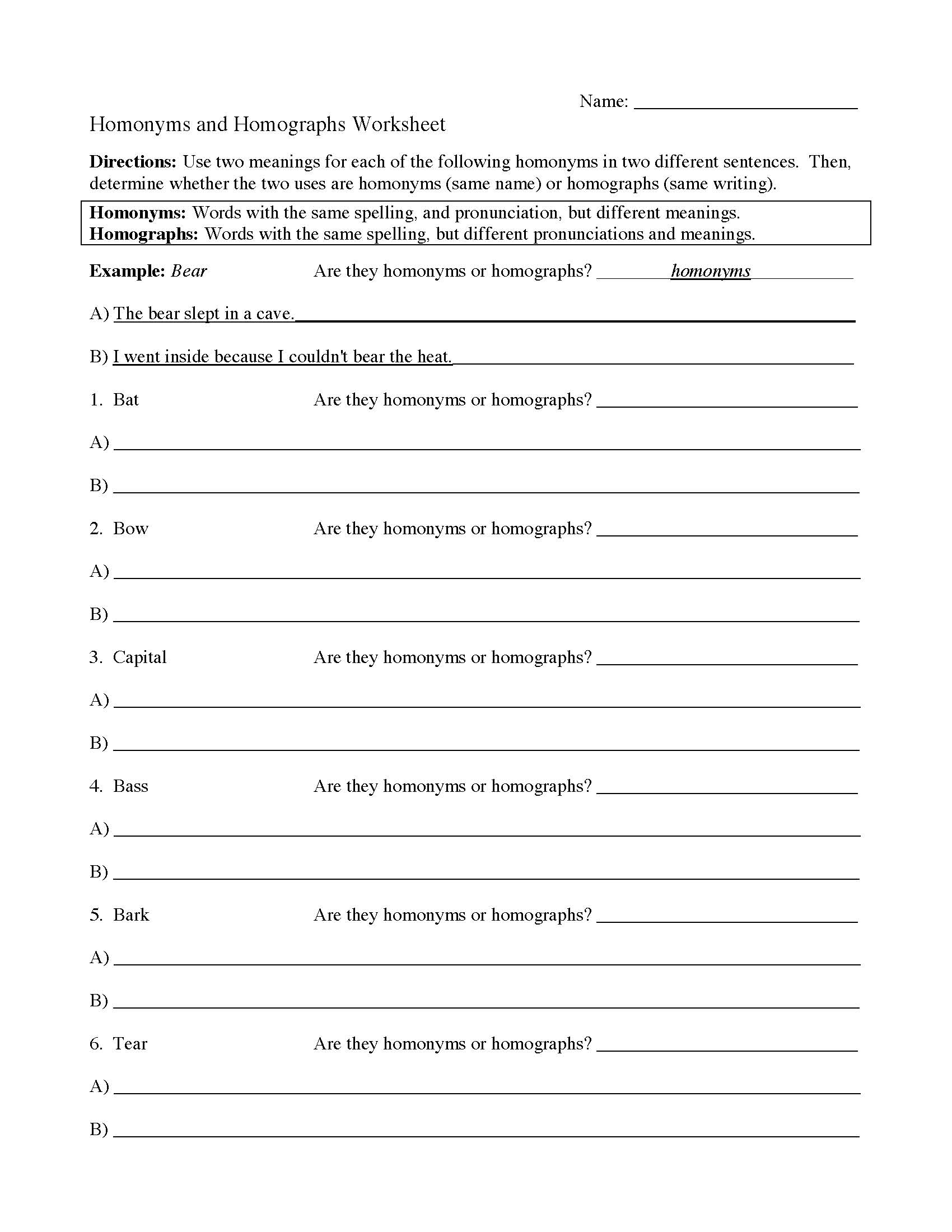
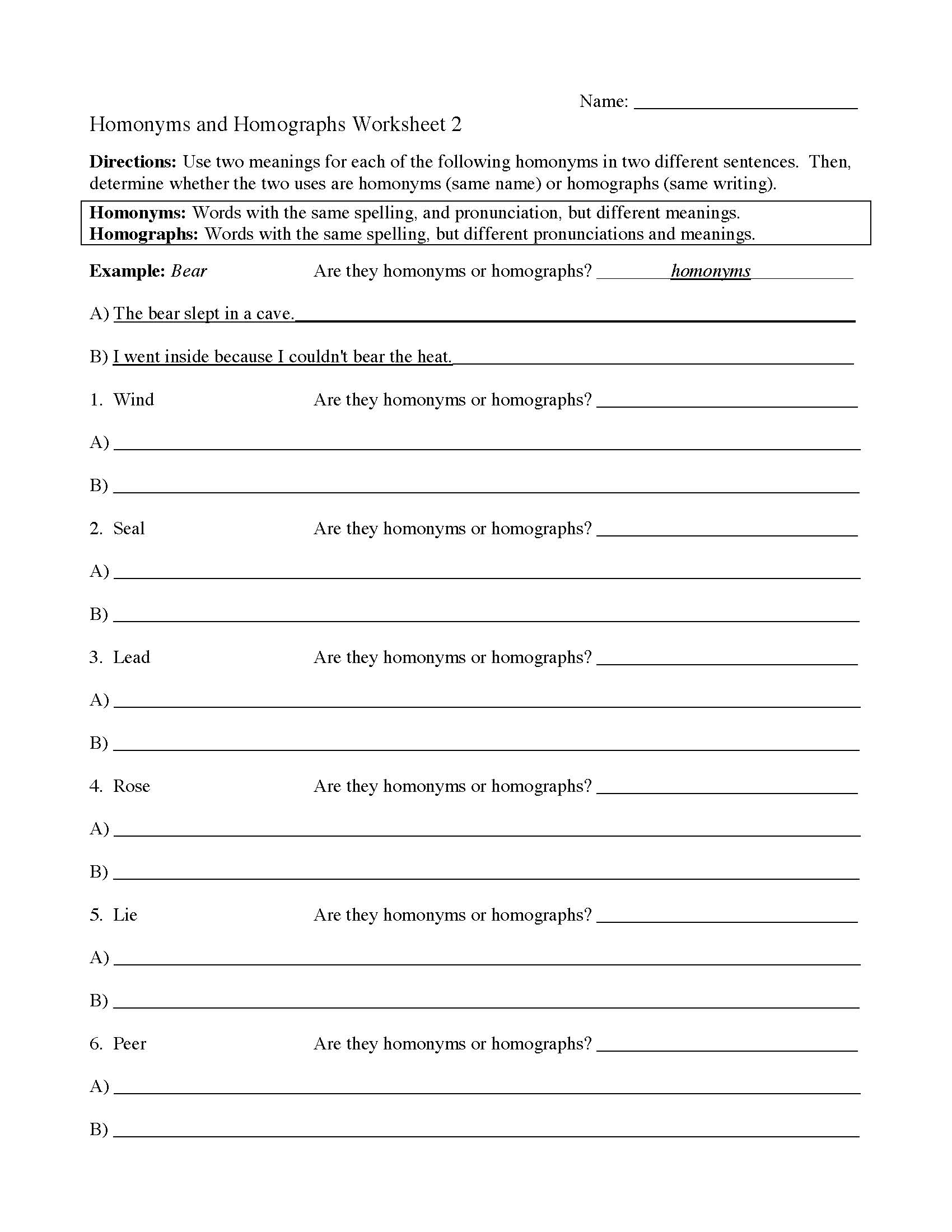
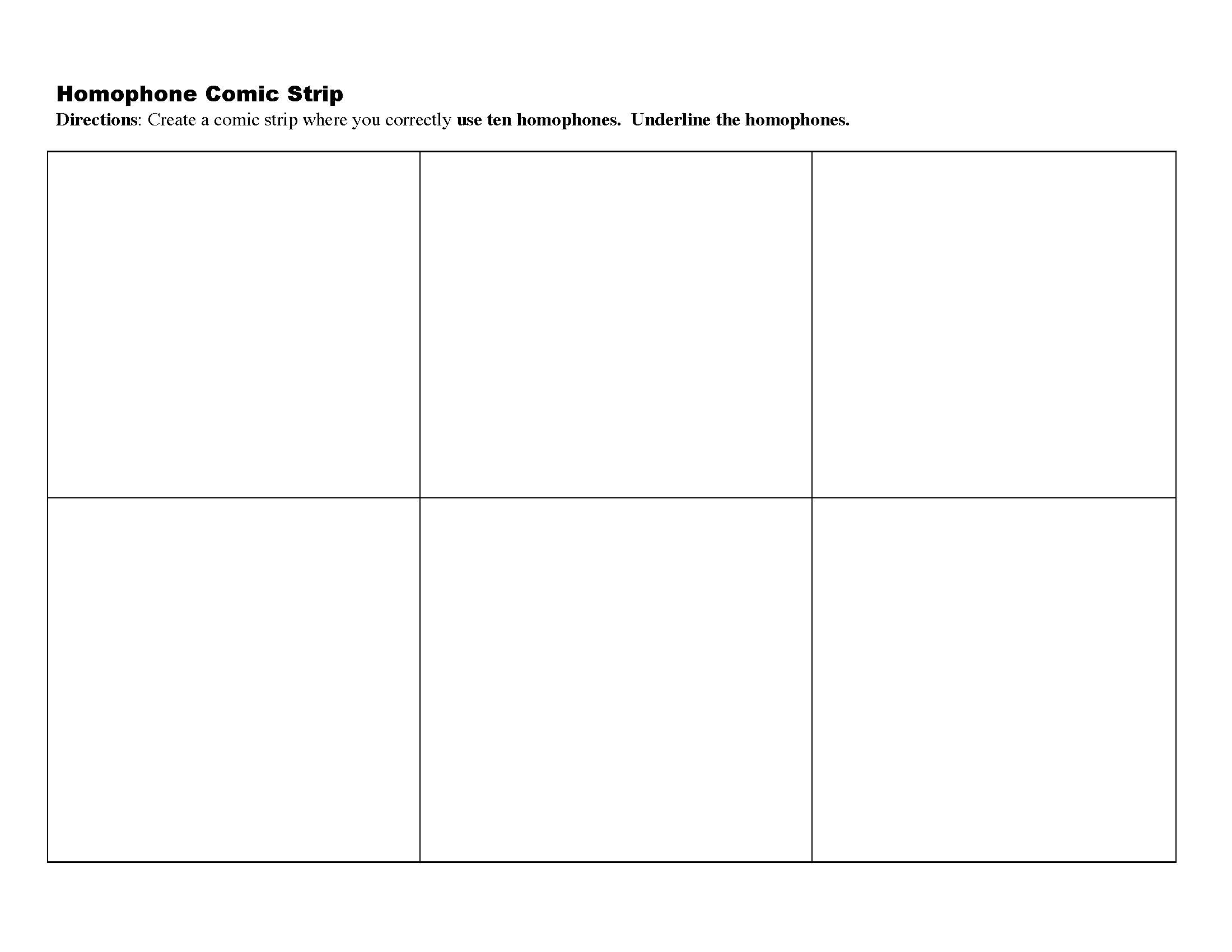
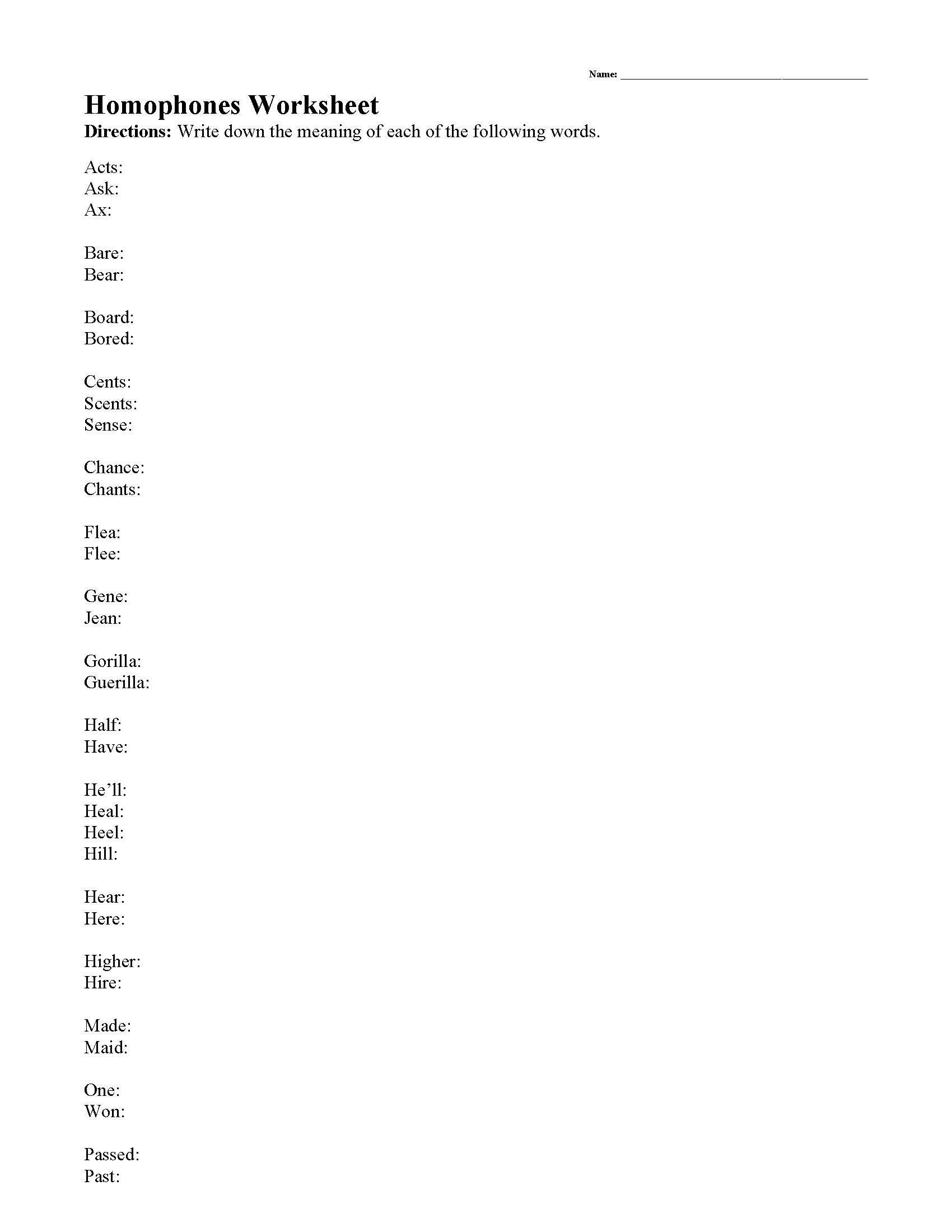
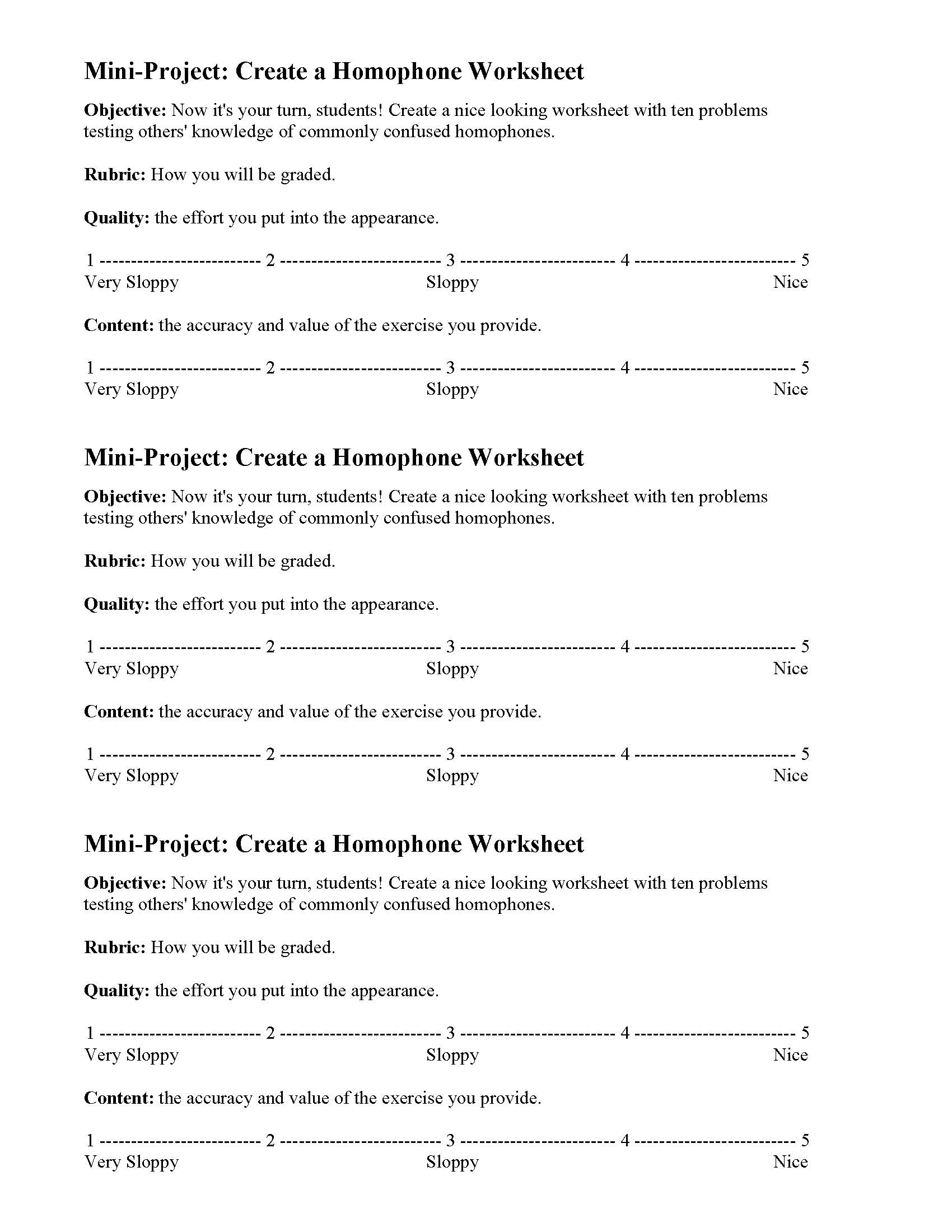
Search here.
14 Comments
Leave a Reply
- Author's Purpose Worksheets
- Characterization Worksheets
- Conflict Worksheets
- Fact and Opinion Worksheets
- Figurative Language Activities
- Figurative Language Poems with Questions
- Genre Activities
- Irony Worksheets
- Making Predictions
- Mood Worksheets
- Nonfiction Passages and Functional Texts
- Parts of Speech Worksheets
- Poetic Devices
- Point of View Worksheets
- School Project Ideas
- Setting Worksheets
- Simile and Metaphor Worksheets
- Story Structure Worksheets
- Text Structure Worksheets
- Theme Worksheets
- Tone Worksheets
- ALL PAGES AND WORKSHEETS




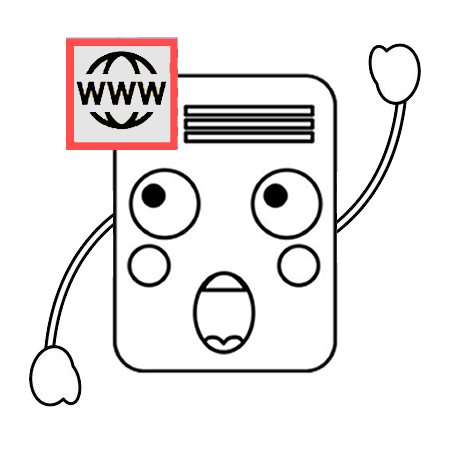



Mrs Najma Karowna
/ January 23, 2023I have loved this website saved me a lot of time
Terri
/ August 30, 2020I think you spelled “pedal” incorrectly in the video. I really like you website. Thank you so much!
Lolita Walden
/ December 10, 2019Wow! This site is a great help for my 5th grade student.
Thank you!
Mrs De
/ November 26, 2019Thank you .It’s always great fun playing with a language.It gives students the possibility to be more aware of what they are actually reading and writing.Thanks again.
Lauren Ughetta
/ December 1, 2018I have been teaching for 35 years and I must tell you that your resources are very well designed. Thank you for all of your hard work. It is extremely refreshing to find someone who truly cares about students and not using the Internet to charge for use for their own profit.
MrsA
/ January 2, 2018As a Homeschooling Parent, I greatly appreciate your lessons/worksheets. It saves me time in creating such works & guidance papers for my five students. “Thanks A Million!!!”
Mr. Morton
/ January 5, 2018Wow, 5 students! That’s a whole class. Keep up the good work!
Morton
Maniha Afzaal
/ December 11, 2016Good I got many help with ur work sheets
My exams got easier
Thnx
Ur website is so good
Ma. Maja Jade N. Perez
/ September 10, 2014These are very helpful. They are good enrichment activities and there are various exercises to choose from. More power!
Sherif I. Shehab
/ March 5, 2014Very nice, helpful, and fruitful site. Many thanks
miguel nieves
/ April 24, 2013u have a beautiful website right here! 🙂
sue
/ March 20, 2013Thank you for your worksheets. I found, however, many of the subject/topic within some of the sentences were somewhat inappropriate for students…
Mr. Morton
/ March 21, 2013Thank you for your input. As always, remember to preview the content for appropriateness before using in your classroom. Standards vary, and I in no way claim that my material is appropriate for every classroom. Thank you for visiting.
khushi
/ February 20, 2013nice site